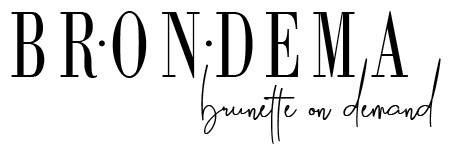Do you like sweets a bit too much, yet actively try to stay in shape? Chances are, you have been snacking on a protein bar or cookie every now and then. After all, you have to fend off your sugar cravings somehow. Perhaps you even rely on ‘bodybuilding snacks’ for energy, meal replacement, or, shockingly, boosting your protein intake. If you are a bit like me, you have had days of surviving solely on them. This may not sound so bad, especially compared against fast food alternatives.
Unfortunately, not all protein desserts are created equal! In this post, I will list four of the worst ingredients you should look out for when buying protein bars. These range from poor quality protein to disproportionate amounts of fibre. You may be shocked at how commonly supplement companies commit these ‘protein sins’.
Read on to find out if your favourite bar is not as good as you think!
Disclaimer: Sometimes I knowingly buy a small number of protein bars containing some of the not-so-great ingredients I list below. Because… the taste!
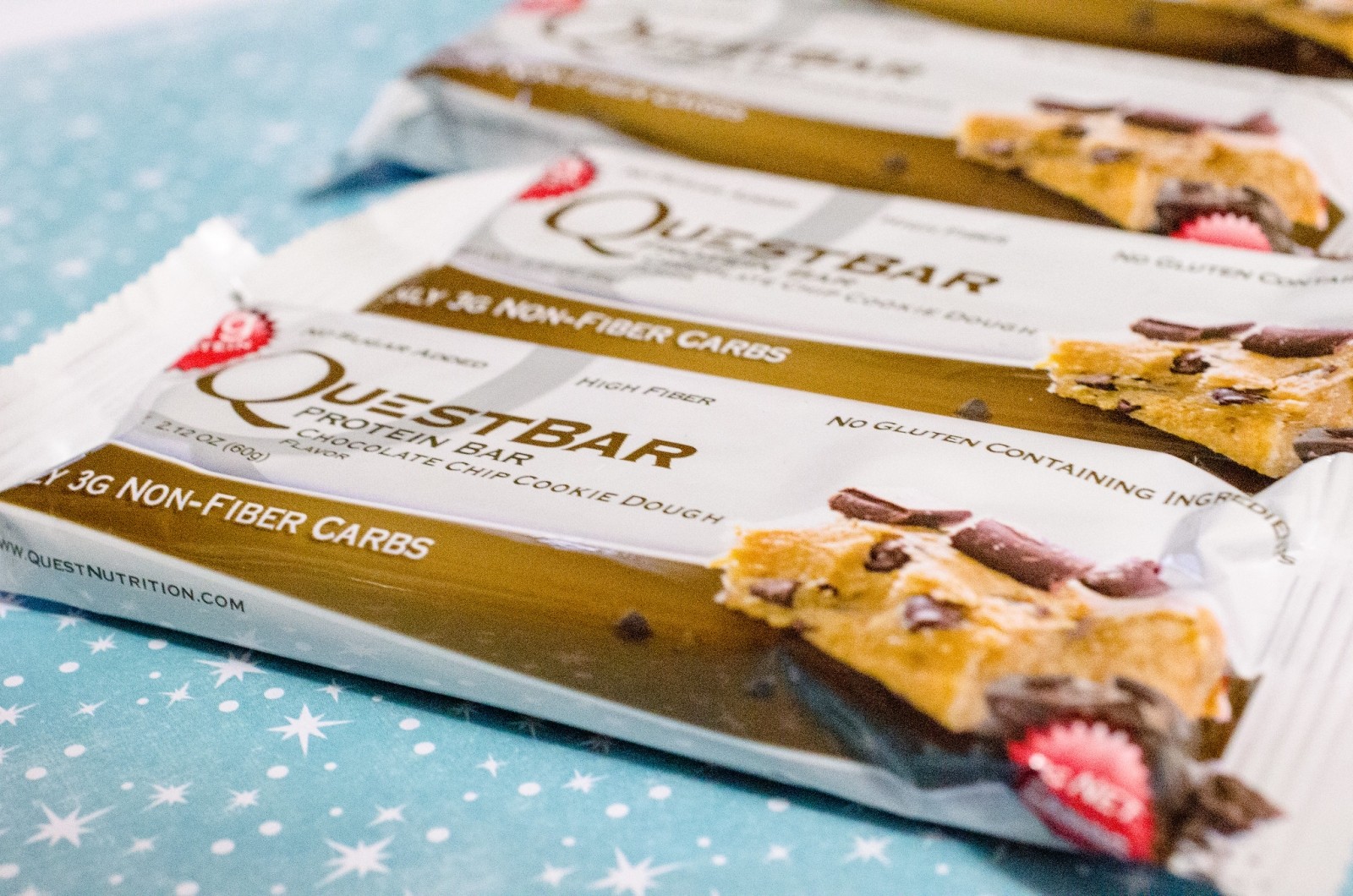
1. Low-Quality Protein
For me, the undisputed number one on the list of ingredients you should avoid when buying protein bars must be poor quality protein! Yes, this is a thing. Sadly, it is extremely common too. The ingredients you should look out for include:
Gelatin hydrolysate/collagen hydrolysate/collagen peptides. This stuff is useless. Yes, chemically it is protein, so the labels of your favourite snack don’t lie. However, its amino acid profile is extremely poor! You cannot expect any muscle-building effect whatsoever. For reference, you can use Nutritiondata. Just compare gelatin’s completeness score against that of turkey breast! Think of these ingredients as powder extracted from boiled animal bones and skin. Well, that’s what they really are! Coincidentally, they are dirt cheap. These days, surprisingly many bars have gelatin hydrolysate listed at the top of their protein blends.
Calcium/sodium caseinate. Generally, casein is great. I could argue that case all day long. However, these two forms don’t have any of its slow-release properties which you likely want it for.
Pure amino acids. Yes, I know they are all proteins’ building blocks. However, they sit lonely on your protein bar’s ingredients label for a reason! It is much cheaper to put in some not-so-important amino acids, like taurine or glycine, rather than complete proteins. However, these amino acids would still constitute a part of the 20g protein promised on the bar! This is a long topic, so I suggest you read Dr Jim Stoppani’s article on nitrogen spiking.
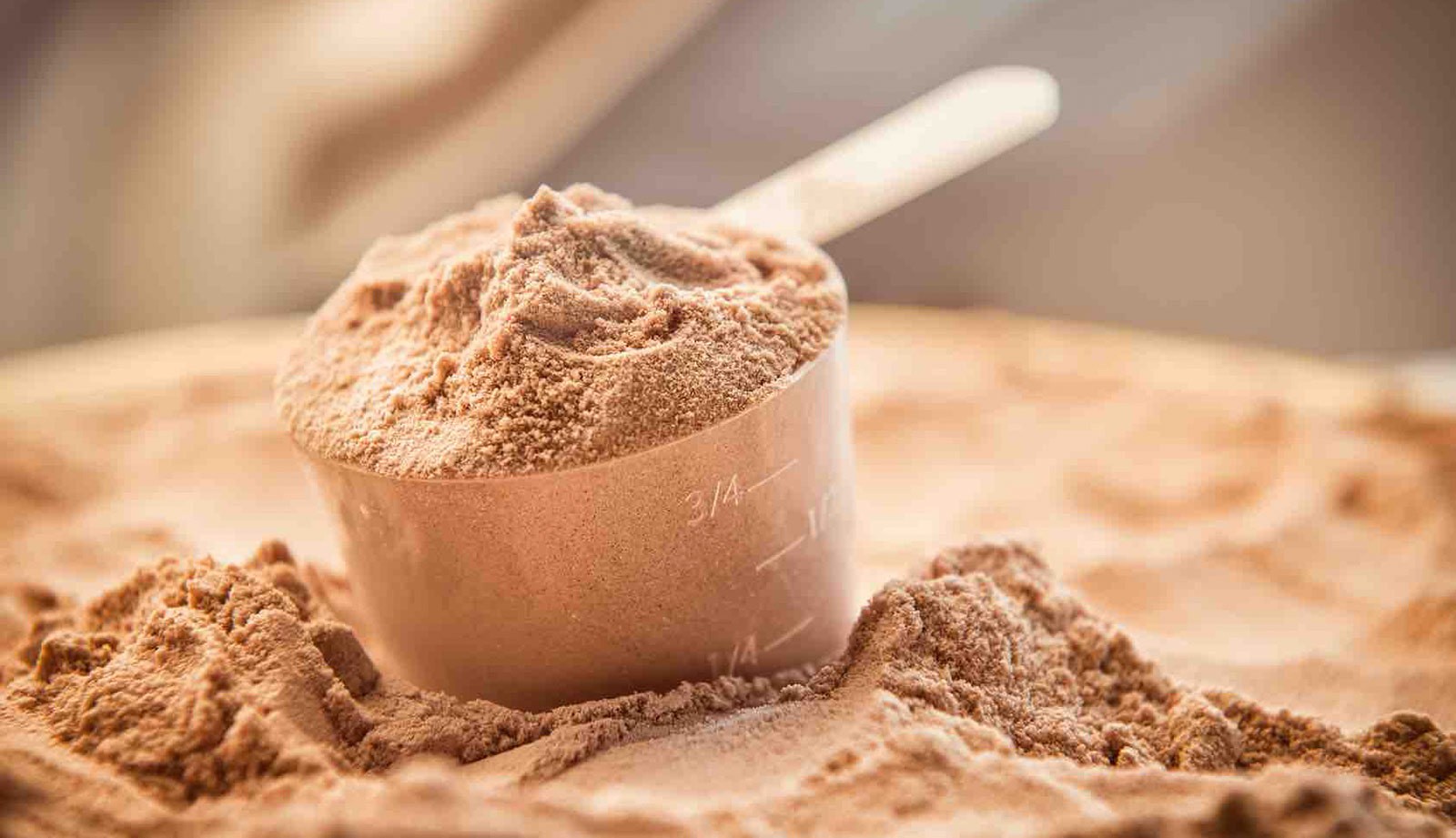
2. High Glycemic Index Carbohydrates
The second thing to look out for when buying some protein bars and cookies are high glycemic index (GI) carbs. If your favourite product has a lot of these, you might as well eat biscuits instead.
OK, let me clarify. One of the worst misconceptions floating around is that carbs are evil! Even worse, people assume simple carbs (sugars) are bad, complex ones are good, and that’s that. This could not be further from the truth! Check out Mariya’s answer to the ‘is sugar good for you’ question!
In brief, what carbs do is increase your blood sugar. Consequently, insulin rises. Too much blood sugar and all these tasty carbs are surely turning into fat. What determines the strength of this effect is not whether you’re eating complex carbs or not. Instead, the GI of a food is a measure of how quickly your blood sugar level rises after consuming it. Example: lactose is a sugar, but has a really low GI. It does no damage to your waistline. Rice cakes have mostly complex carbs but are extremely high GI. Your body reacts to them almost the same way as to pure glucose! Yep, shocker, rice cakes are horrid. Same goes to all other puffed, popped or ‘overcooked’ complex carbs.
Sugar (sucrose), corn syrup, potato starch, rice flour and tapioca starch are among the top high GI complex carbs companies use. These are only some of the more common not-so-good carbs to avoid when buying protein bars.
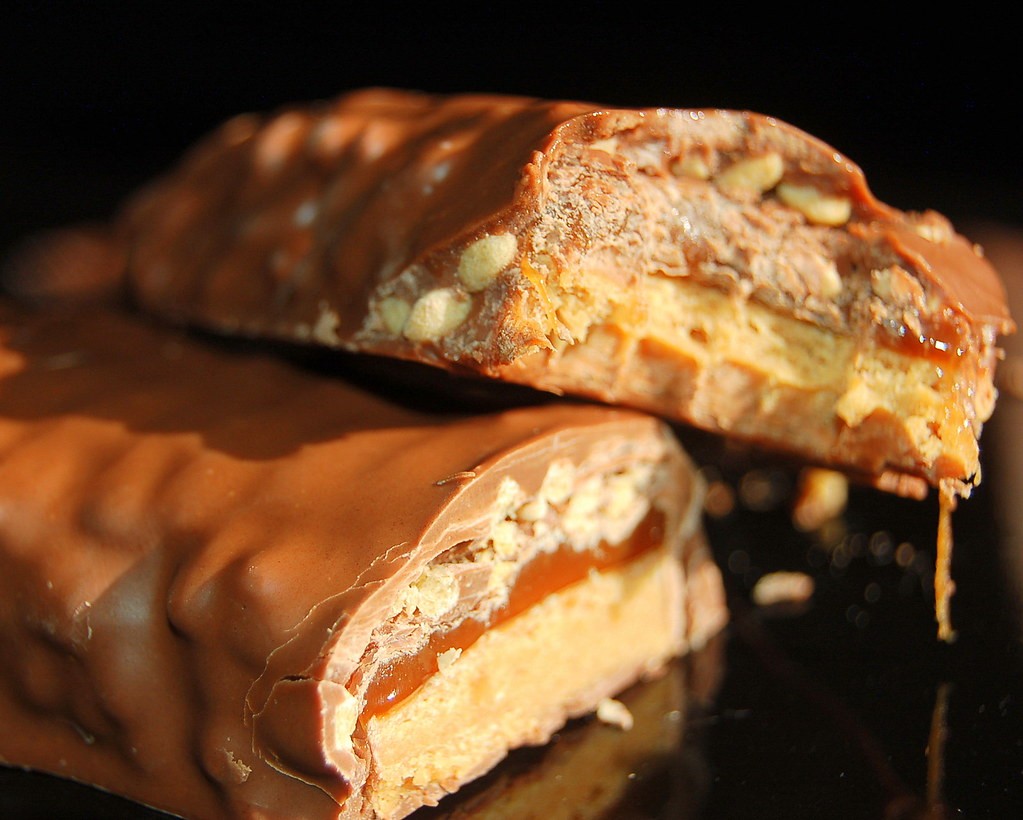
3. Excessive Amounts Of Fibre
Sadly, the carb horror story does end with the above ingredients! Even low GI, non-sugar alternatives can be quite bad overall. Let’s start with fibre. Consumed in sufficient quantities, it is associated with various health benefits. For a quick reference, see why fibre is good for you. Alternatively, check out my previous post about the health benefits of chia seeds, which contains some interesting facts as well.
At this point, you might be thinking ‘OK, but my protein bar has plenty of fibre’. You are most likely right. The problem is, with fibre, you can get too much of a good thing! Problems caused by excessive fibre consumption include constipation, bloating and nutrient malabsorption, among others. It is difficult to know what quantity could affect you negatively. According to MedicalNewsToday, over 70g per day could cause some of these undesired effects.
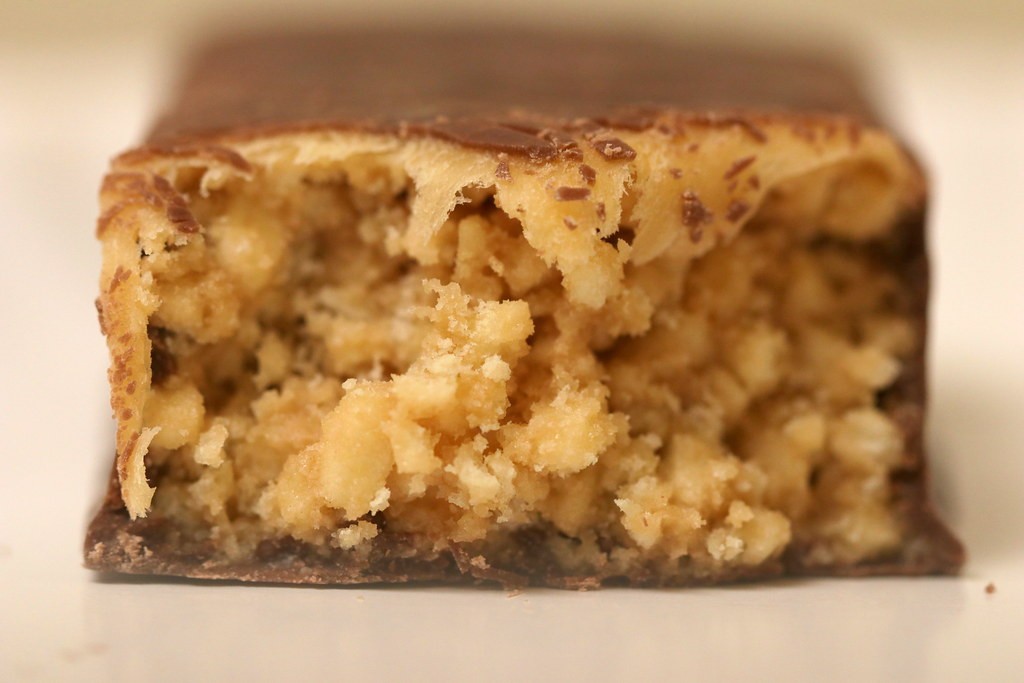
Unfortunately, this number varies greatly from person to person. It might be much lower if you suffer from irritable bowel syndrome (IBS), for example. Assume you get 25-35g fibre daily from a reasonable diet. Now, imagine you ate 2-3 protein bars, each of which contains at least 10g of fibre. At this point, you could already be well into the ‘unwanted side effects’ territory. This is actually why protein bars’ labels advise you not to eat more than one per day! Ultimately, you should keep fibre content in mind when indulging on protein bars.
There are ‘effectively carb-free, sort-of-fibre’ alternatives in existence. Isomalto-oligosaccharides (IMOs) are used as supposedly indigestible carbs in protein desserts. They provide a guilt-free pleasant taste and texture to the final product. Indeed, they are low GI and only partially digestible. Due to this, the IMOs are questionably labelled as fibre. You can find a lot more info in this article. In brief, they occur in natural products but are artificially synthesised from starch for use by supplement manufacturers.
Companies often use them to market their ‘low net carb’ fitness snacks. The labels might completely ignore the fact you do get some calories and blood rise from these ingredients. While IMOs are not all bad, keep in mind protein bar labels might not properly acknowledge their presence.
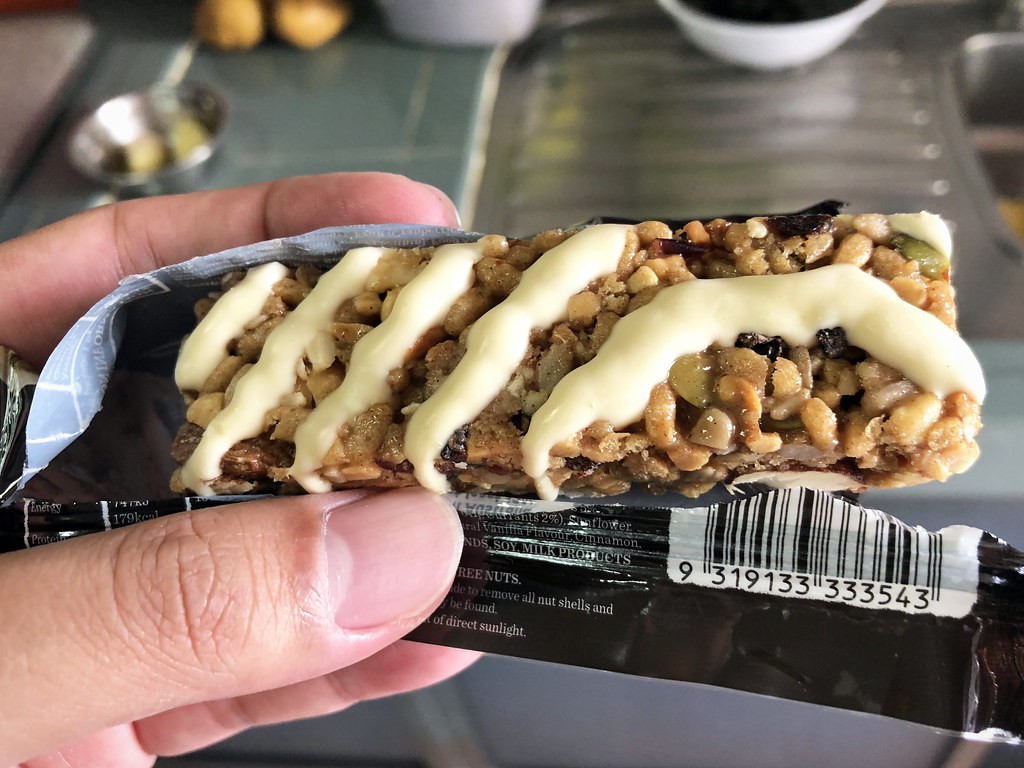
4. Polyols
Sugar alcohols, also known as polyols, are sugar-free sweeteners. Chemically they are carbohydrates. In protein snacks, polyols fulfil a similar role to fibre and IMOs. As sweet non-sugars, supplement companies love using polyols. They enable them to say their bars are low GI, virtually sugar-free. As usual, there are a few caveats with this ingredient.
Firstly, the long-term effects of polyols consumption are not fully known. Secondly, they tend to be calculated as providing 2 calories per gram of energy – the same as fibre. Normal carbs provide twice as much. However, this value varies greatly in practice. Commonly encountered polyols, like xylitol, maltitol and sorbitol are in the 2-2.6 cal/gram range. There are some that are virtually calorie-free polyols, others surpass 4 calories per gram. A protein bar’s energy content is not as exact as you might like to believe!
Finally, polyols might not be great for your stomach. People who suffer from IBS could find them bloating or constipating. Several recent studies have looked into the gastrointestinal disturbances due to polyol consumption. The results can be summarised as mixed. Some people experience no digestion issues, while for other – unpleasant symptoms dissipate after months of continuous consumption.
Ultimately, you should be careful when buying protein bars that contain large amounts of sugar alcohols. This is particularly important if you suffer from IBS.

Bonus: Ingredients That You Do Want In Your Protein Bar
Having said what you should avoid, there are some dietary myths that have to be busted! Many online articles claim whey and casein, in general, are poor protein sources. Additionally, they cite soy as pretty bad. Thinking about it, what you are left with are the rarities of the protein supplement world – eggs, beef and peas. The last one is as good (or bad) as any vegetable source. Eggs and beef protein are great, but I doubt anyone puts them in protein bars… Case in point – if you stumble upon such a post, close it instantly!
Of course, I am not going to leave you without argumentation. Remember, casein and whey are the two protein types found in milk. The proportions typically are 80% casein and 20% whey. Generally, the former is a slow-digesting protein, whereas the latter is quickly absorbed. Arguably, milk and whole eggs are the most complete protein sources known to man! They have a perfect amino acid profile, and that is no surprise. The most complex organisms on the planet initially only feed solely on milk or egg. Since when do babies eat beef steak or pea protein isolate? Indeed, they don’t. To me, all the internet hatred towards whole eggs and casein is pure ignorance.
So, whey, casein and egg are great ingredients for a protein bar! Look for milk protein, micellar casein, whey isolate or hydrolysate, egg white isolate. Potentially, don’t turn your back on whey concentrate too! It is somewhat cheaper to isolates and hydrolysates but could be quite good.
To sum everything up, you cannot avoid the questionable quality ingredients I have listed in this post. Pretty much every protein bar you can purchase contains some combination of poor protein, loads of ‘strange’ carbs and polyols. I personally look for good protein first and foremost. It is up to you to decide what the lesser evil is when shopping for protein snacks.
YOU MIGHT ALSO ENJOY
FitSpo, FitJoy & King Whey Protein Bars Review
Protein Bars Review: BPI, Dymatize & PhD Smart

